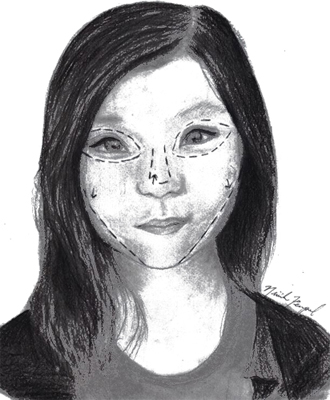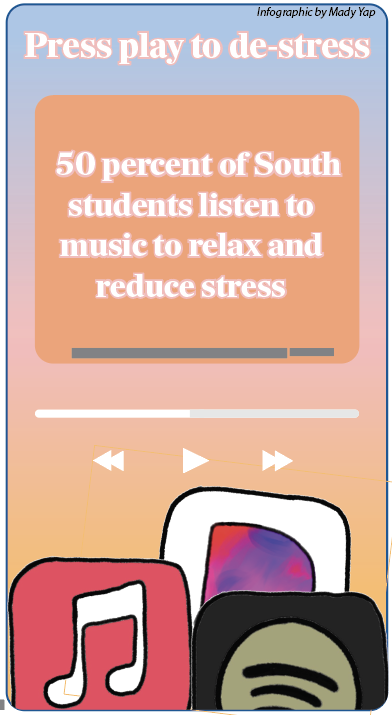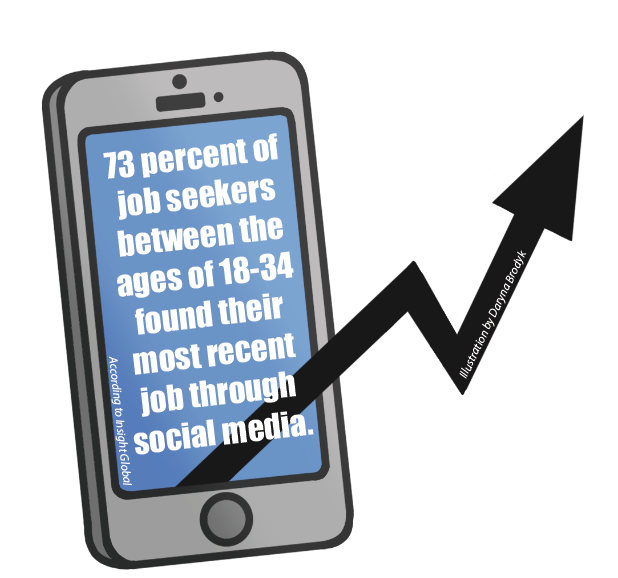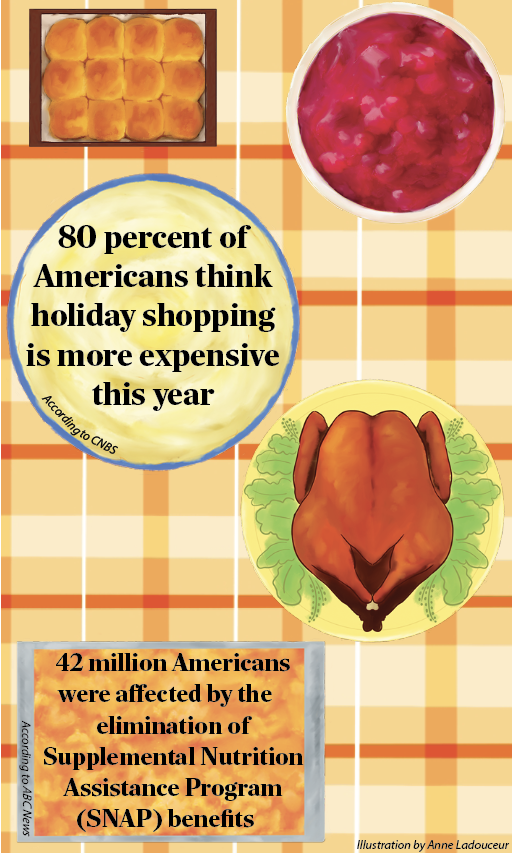Let me give you a general overview of my face: my eyes happen to be on the smaller side, my jawline more sharp, and while my nose bridge isn’t incredibly low, it’s definitely not high. I admit that I’m not 100 percent satisfied with the way I look, but I’m not bothered enough to pay extra attention to my face with the exception of basic makeup. My relatives from South Korea, on the other hand, constantly nag me about getting plastic surgery.
According to the International Society of Aesthetic Plastic Surgery, South Korea is ranked as the country that undergoes the most cosmetic procedures in the world. This doesn’t surprise me, as I’ve noticed that the beauty standards in Korea are very narrow and particular.
When I look at pictures of famous Korean celebrities, all those who are considered beautiful and handsome have facial features that are more “Western”: big eyes, slim jawlines and high-bridged noses. This exact veneration of a certain group of people based on their looks seems to be the underlying reason why approximately 31.5 percent of South Korean residents, ages 15 and older, are willing to get plastic surgery, according to a New York Times article.
Though plastic surgery was considered taboo and perceived in a negative light in South Korea just a decade ago, many Koreans today live with the mindset that beauty is a crucial factor in obtaining a decent spouse or job, or being included as an integral member of society. Plastic surgery is also becoming an indicator of wealth and one’s ability to groom themselves, especially among females.
While I don’t see a problem with one’s desire to improve on their looks, this becomes a problem when society and the media’s standards of beauty start influencing and determining the value of one’s worth – which is certainly not limited to South Korea.
I was everything but flattered when after meeting my relatives in Korea for the first time in 13 years, one of the first comments they made about me was on my appearance. My aunts all nodded in agreement that I “undoubtedly” needed double-eyelid surgery, a procedure in which a crease is made above the eye to enlarge it, and nonchalantly compared me to my sister who, according to them, has more acceptable and desirable facial features than me.
As a freshman who was already feeling insecure and sensitive about her physical appearance, the criticisms behind the way I looked plummeted my self-esteem. I eventually convinced myself that my entire face truly did need reconstruction because no matter how much I worked at enhancing my looks, I never felt “pretty enough.”
And to top it all off, the standards of beauty are different in Korea and the U.S, so I found it difficult to establish a balance to please both sides. My non-Korean friends boosted my confidence by complimenting my features as unique and discouraged all forms of plastic surgery. But I couldn’t help but feel like an ugly duckling in front of my relatives who didn’t like “unique” – they wanted the big eyes, slim jawline and high-bridged nose.
I began to measure my worth based off how everyone else perceived my physical appearance and thus only ever talked about me, myself and my face. And though my obsessive attempts to transform myself somewhat helped me look better, the truth of the matter was that I wasn’t feeling any better.
I wallowed in self-pity almost every day, yet never felt satisfied no matter my efforts because I didn’t want to settle for less when I knew I could keep going.
Only through a seemingly never-ending mental battle did I come to realize that there was no value in looking good for others when I was feeling like trash every day.
As a Korean who was raised in the U.S, I do feel that there’s more leeway for uniqueness and creativity when it comes to beauty here, but one’s desire to be beautiful is an inevitable instinct everywhere in the world.
We often look up to CoverGirl and Cosmopolitan models as our definitions of “beautiful” and “sexy” and beat ourselves and others up if we don’t look like them. It’s okay to admire beauty and share our personal standards on what “beautiful” is, but to treat someone in a degrading manner because they do not fit our standards is completely uncalled for and wrong.
I understand where my relatives are coming from when they tell me I need plastic surgery, but I’ve come to appreciate my non-physical qualities and traits enough to care less about how I look. I also feel better when people tell me I’m “interesting” or “fun to be around” than “you look good today” because I then know I’m not just a shell to everyone.
For all of us who have struggled with physical image in any way, I challenge us to seek the truly commendable attributes in ourselves and others, ones that we may not be able to notice with our bare eyes.














